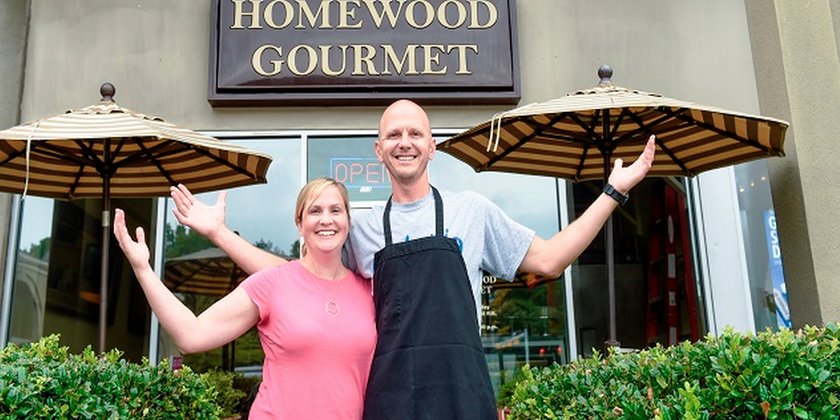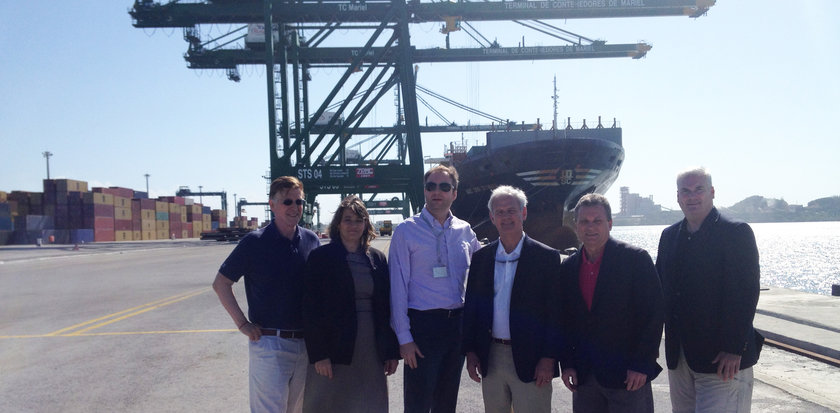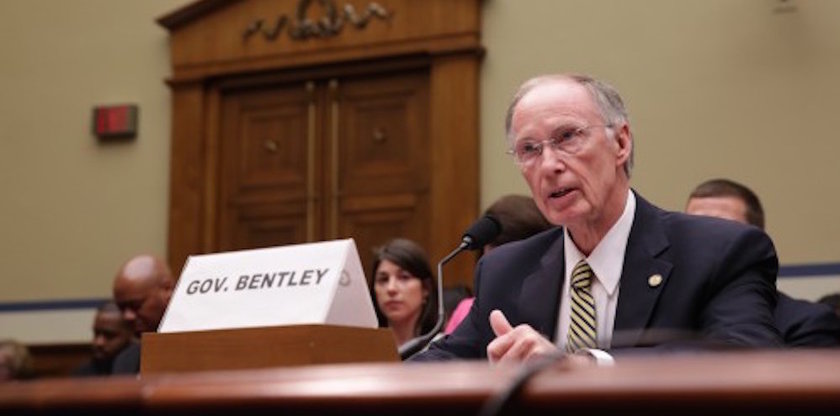
As President Barack Obama caps an unprecedented two-day trip to Cuba, poultry farmers in Alabama are anxious to ramp up their business relationship with “a familiar, hungry, and very convenient market,” according to a report by Bloomberg Business.
Cuba is already the fifth-largest export market for U.S. poultry producers, with farmers from Alabama, Georgia, and Arkansas sending nearly $1 billion worth of frozen chickens to the island over the past 15 years.
American poultry has become a major import for Cuba because it was exempt from previous embargoes on many other agricultural products. Port cities like Jacksonville, FL, New Orleans, and Mobile, AL, have become major export sites because of their close proximity to Cuba.
“[Cuba] can place an order on a Monday and probably have the product on a Friday, if they need it,” said Jim Sumner, president of the USA Poultry and Egg Export Council in Atlanta. “If they buy it from Europe or Brazil, it’s going to be 20 to 30 days.”
With the Cold War-era freeze between Cuba and the United States beginning to thaw, Alabama chicken farmers are looking forward to expanding the market. Frozen legs and thighs have made up nearly all of chicken exports for the past 15 years, but poultry producers want to expand to breast meat and boneless, skinless cuts, as well as more processed chicken products, like nuggets and wings.
The U.S. Congress approved agricultural trade with Cuba in 2000, but later put heavy restrictions on that agreement. Cuba was forced to pay cash for the products before they were delivered, which has hindered their ability to pay for most agricultural products, particularly rice, wheat and corn.
Some politicians believe that the new relationship with Cuba will end up being a huge boost for U.S. trade.
“When you have a market that’s 90 miles off your coast, and you’ve got these really outdated policies, we’re the ones that lose,” Arkansas Rep. Rick Crawford (R) said. “We’re trying to look at this with a little more modern lens.”
Alabama Governor Robert Bentley also supports normalized trade with Cuba, and hopes that this new relationship will begin to turn the country away from communism.
“If you start free trade with a Communist country, allow them to develop their own businesses, they don’t remain communistic,” Bentley said. “They become a free society when they’re able to make money themselves and we increase trade with them and allow them to really produce products.”
Last month the U.S. Treasury Department approved an Alabama-owned company to open the first American factory in Cuba in since Fidel Castro took powering in 1959. The factory will produce tractors to sell to Cuban farmers.
With an Alabama-owned factory on Cuban soil, expanded exports from Alabama poultry producers, and a direct line from the Port of Mobile, Cuba has the potential to become one of the Yellowhammer State’s largest trade partners. But many lawmakers are still wary of normalizing relations with a Communist regime with a long list of human rights abuses.
Congressman Bradley Byrne (R-AL1), whose South Alabama district includes the Port of Mobile, said he “look(s) forward to the day when the trade embargo is lifted, and we have fully normalized relations with Cuba,” but he also believes “we shouldn’t move forward until Cuban leaders change their behavior and start respecting the Cuban people, as well as the United States.”
“I’ve seen the optimism and spirit of the Cuban people firsthand, and there is great potential for our two countries,” he said. “But we must start demanding reforms from the Cuban government instead of just continuing to give the Castro regime everything they want with nothing in return.”











